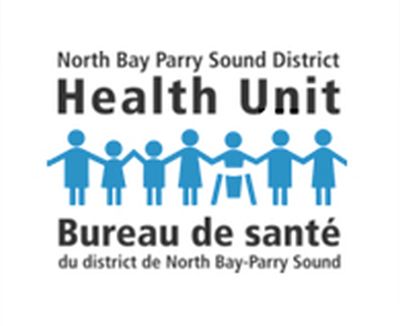There have been confirmed cases of whooping cough (pertussis) identified in Powassan and surrounding area. As a result, the Health Unit urges residents to check that they, as well as their children, are vaccinated. Getting vaccinated is important for everyone, especially since parents, grandparents and caregivers play an important role in helping to prevent the spread of whooping cough.
“Whooping cough can be very dangerous, and in extremely severe cases, can be fatal,” says Dr. Jim Chirico, Medical Officer of Health. “Babies and pregnant women are most at risk, and we urge parents and guardians residing in the Powassan area to check that their children have been vaccinated against whooping cough. If they have not been vaccinated, or their vaccination is incomplete, they should contact the Health Unit or their health care provider.”
Anyone can get whooping cough but it can be very dangerous for babies for less than one year of age, children who have not been vaccinated, pregnant women and people whose immune systems are weak. Whooping cough can be spread more easily in enclosed areas and when standing within three feet of someone who has the illness. For that reason, the Health Unit urges people who are at higher risk to avoid enclosed public spaces such as buses, indoor gatherings and events, especially if the event lasts longer than an hour.
Additional ways to protect yourself and your loved ones are as follows:
- Make sure your vaccines are up-to-date and, if they are not, make sure to get vaccinated against whooping cough
- Wash your hands with soap and water
- Cough and sneezing in your sleeve
- Stay home when sick
- See your health care practitioner immediately if you or your child develop signs of whooping cough such as coughing, fever, runny nose and/or vomiting
Whooping cough is spread through droplets in the air from coughing or sneezing by an infected person. Early symptoms include sneezing, runny nose, low fever, and a mild cough that gets worse over two weeks and often ending in a whooping sound. The cough may be so severe that a person may gag or throw up. The cough can last for weeks or months.
For questions regarding the whooping cough vaccine, please call the Health Unit at 705-474-1400 extension 5252, or 1-800-563-2808 or visit www.myhealthunit.ca/whoopingcough.




